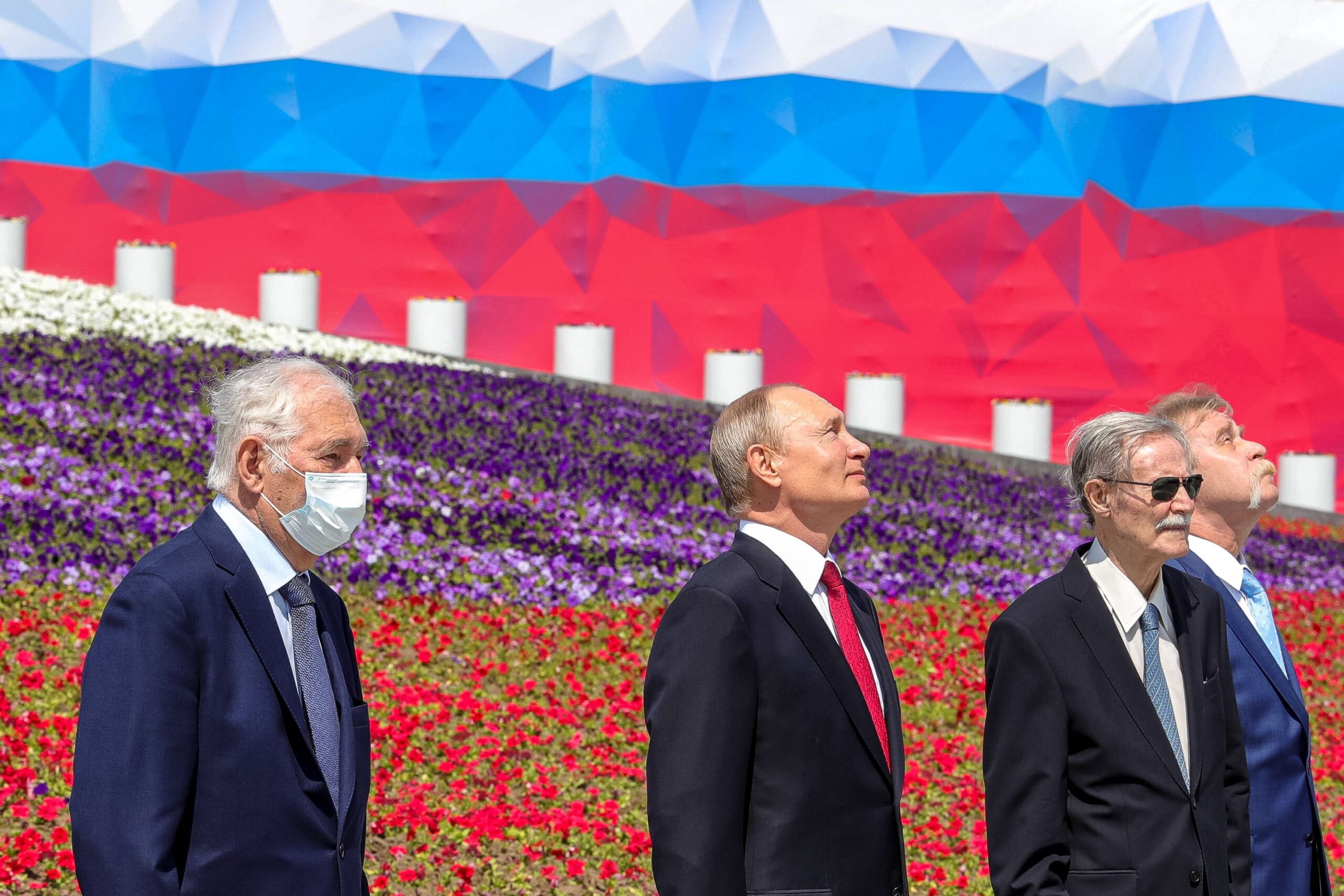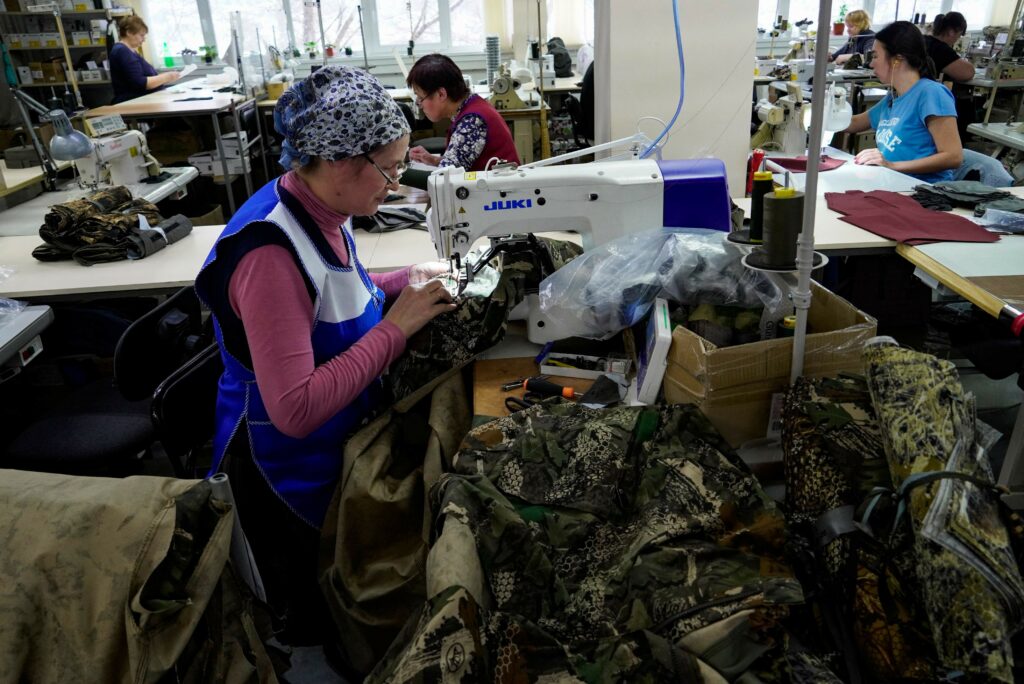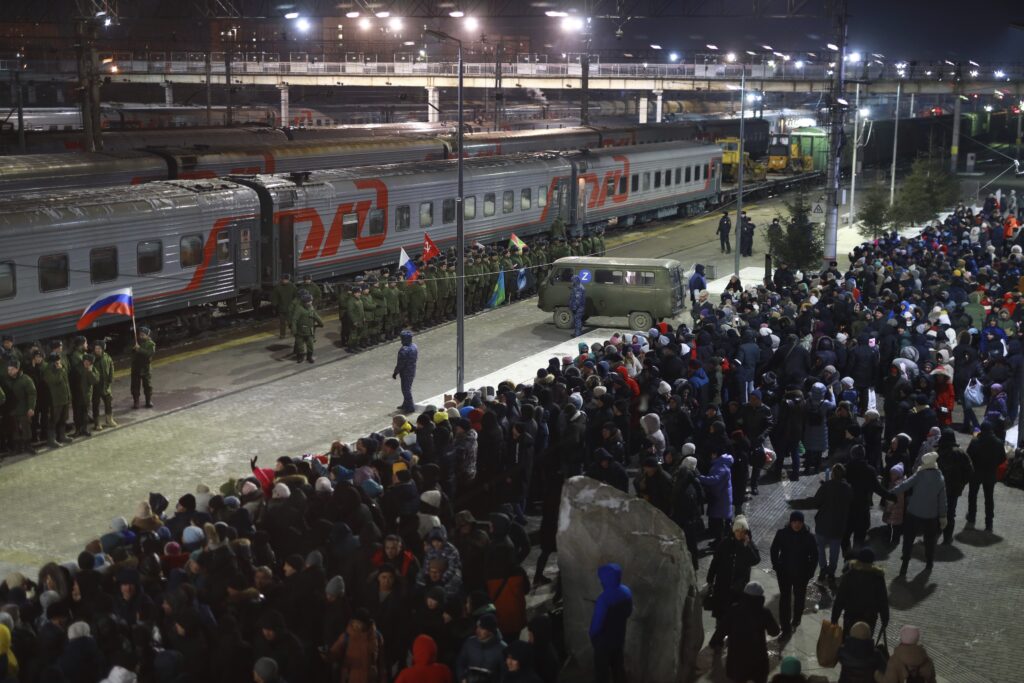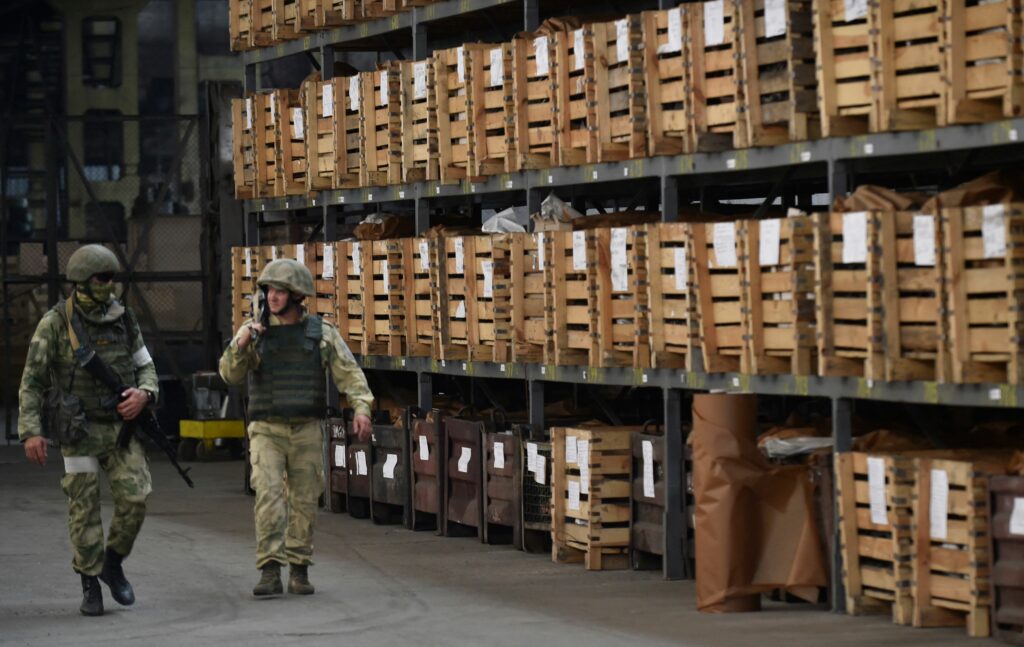When Macron’s support rate in France stood at 33% and Biden’s enjoyed 40% in the USA, Putin reached a support figure of 83% in Russia. This amazes many observers, who begin to wonder what is wrong with the Russian society or with sociology in Russia. The staff of the Levada Centre, labelled by the Russian authorities as a ‘foreign agent’, have to answer such questions from time to time. We have already written for Riddle as to whether our data can be trusted. Now, the time has come to deal with another question: is the support for Vladimir Putin’s activities really that high?
The short answer is ‘yes’. Indeed, the figure stood at 83% in both May and June. But let us take a closer look at the situation. On the one hand, 83% is just the share of the respondents who answered ‘yes’ to the following interviewer’s question: «Do you generally approve or disapprove of Putin’s performance as the president of the Russian Federation?» On the other hand, and this is important for those who are interested, the increased willingness to provide such an answer indicates a certain condition of public consciousness and, as such, a special condition of the society. We recorded the peak of such a condition twice: in 2008 and in 2014, when the figure almost hit the 88% mark. In both cases, this was connected with the Russian army launching military operations against an enemy that the respondents believed to be backed by the USA and NATO. In the public view, those enemies were defeated. And people expressed approval for the one they thought had organised the victory.
There is nothing unusual about this fact as such. What is unusual though is the high level of agreement on these political outcomes. Let us try to dig deeper into it. Readers may want to recall that since 2000, when Putin’s presidential career began, the share of those who answered ‘yes’ to the aforementioned question has always stood at or above 60% (with 59% being recorded once), mostly at 63% +/- 2 pp. Let us be straightforward about it: for sociologists, explaining this stable mindset of the public is more difficult than explaining popularity surges in connection with military victories.
Below, we will try to discuss some aspects of the ‘Putin’s constant’. However, let us point out first that if we take 63% (+/-2) as a benchmark, then surges of approval, rising even up to 88%, no longer look gigantic. These fluctuations fall within the range of twenty to twenty-five percentage points, which is quite similar to fluctuations in the popularity of politicians in other countries.
Now, let us look at ‘Putin’s core electorate’, which is joined by other groups in times of military action.
Let us take data for last August as an example. At that moment, Putin’s rating, as discussed above, was close to its bottom value of 61%. This is the reliable ‘Putin’s majority’. These people believe in this order of things in the country: the authorities must be respected and maintained, since everything would fall apart without them.
People aged 55+ represent the largest age group in the Russian population. Their share is even higher among the ‘permanent majority’. This group also contains a higher proportion of people living in villages and small towns. Among those who are over 65, the share of women is 70%. Alas, the proportion of widows and people living alone is highest of all.
The belong to the majority described here since they are united by a similar fate, the same dependence on the government which pays their retirement pensions, and which presents itself and the world through television to this audience. These people are united as respondents who answer our interviewers’ questions and, more importantly, as voters in elections and referendums. At the same time, this majority is virtual. Its members are scattered across towns and villages, and are not connected to each other (social media are not for them, they focus on their immediate neighbours for socialising). Nevertheless, they also form an ideological force.
The Russian leaders and their ideologues have come up with the idea to call themselves by the beautiful name of ‘conservatives’. As reiterated may times, their discourse is indeed directed towards some past they invented. But they are conservatives not in the kind and sense in which conservatives exist in Old Europe. They use the word ‘conservatism’ to refer to their desire to keep the status quo, i.e. the situation where they are at the top and everyone else is at the bottom. This kind of ‘conservatism’, practiced by people who are relatively young and possess the main resources in the country, aptly corresponds to the outlook of elderly, socially weak, lonely, poor people described above. Both these groups shun changes: this is the essence of their overall conservatism. For this very reason they hate Gorbachev and Yeltsin, since everything was changing when those two were in power, and revere Putin, who seems to have frozen the clock, with short interruptions only once or twice around the victories of 2008 and 2014.
This group represents the so-called ‘provincial folk’ who are very convenient for the authorities (both federal and local). They will be a wiling audience to stories about who Russia is allegedly fighting and why. And they feel obliged to believe it. This is not the majority of the population but, rather, the largest minority. In fact, this is not even about the numbers. Those people are ‘the core of the core’. Their sad narrative has been made into the benchmark ideological element of public life. It is those people’s fears and grievances, and their resentful discourse that is now imputed to the whole of society. How is that done? Through schools and the mass media: the views, attitudes and values that are not consistent with it are gradually being presented as illegitimate.
Thus, Putin’s sixty-percent majority has remained stable. It has stood for twenty-two years. How many more will it stand? Perhaps a long time, as it reproduces itself. The first subgroup are those who were seriously affected by the Gaidar-Yeltsin reforms, and for whom the 1990s were a disaster. This subgroup has almost no survivors among this majority. During the past two decades, several generations would join this age category and then would leave it, alas, for good. It was joined by some of those who had taken part in high-profile protests in their youth. As they grew older, they joined the ranks of this ultra-loyal majority, and keep claiming that today’s protesters have been paid to engage in protest activity. This means that our social culture has been built in such a way that people become conservative and cynical over the years: they stop believing in the ideals of freedom and start believing what the television will tell them.
The Putin’s majority has people from all age groups, including some young ones. For a few years in a row, the youngest members were more willing to approve Putin’s activities than their grandmothers. Then they grew up, and these views were abandoned. More mature young people are rather critical about their life chances in the current situation in the country. However, for the most part, they are also loyal. The only way for social advancement for people who grew up in small or medium-sized towns is to get hired by the law enforcement bodies or the army.
This group is made up of middle-aged people, positive and sensible. They have a family to feed, and a future to guarantee for their children. They are fairly disillusioned about the situation in the country, about how it is governed at all those levels, and where the countless managers are located. However, they see that this structure is still holding up. They have a job and a house, and manage to make the ends meet somehow. The present is not very good, but nobody has come up with a serious proposal for them to have any other future. This is why they say that they ‘generally approve’ what Putin has been doing.
All these people make up Putin’s majority.
We still need to account for about a third of adult Russians. If excitement spreads among them about the annexation of some other lands that ‘used to be ours’, or about victories over someone supported by NATO, then two thirds of that one third would join the aforementioned permanent majority. And this is how you get that astonishing outcome of 83% that some people doubt. While it stands at 83% at present, it may go up to almost 90%, as during the ‘Crimean days’.
A third of that third, i.e. about 10% of all, are perpetual opponents of these authorities. It is worth noting that this minority is by no means a unified crowd. They include staunch liberal opponents of Putin, but there are also opponents who actually accuse Putin liberalism.
And lastly, who supports the actions undertaken by the Russian armed forces in Ukraine? According to the Levada Center, 74% supported them in April, with 77% in May and 75% in June. What follows from the sheer size of this share, close to the aforementioned 83%, is that those people are no different in socio-demographic terms, as well as in terms of values. These are the same people (or, technically, the same respondents) who first answered a question about their attitude towards Putin and then, a few minutes later, about their attitude to the ‘special operation’.
There is only one detail to be added. The approval question had only two answer options: ‘approve’/ ‘disapprove’. On the other hand, the question: ‘Do you personally support or not support the actions of the Russian armed forces in Ukraine?’ could be answered in four ways: ‘yes, definitely’ or ‘yes, somewhat’, ‘no, not really’ and ‘no, definitely not’. The foregoing results reflect the positive responses summed up. The number of those who opted for ‘yes, definitely’ was approximately one and a half times higher than the number of ‘yes, somewhat’. As in the case with the approval of the President’s activity, the support for the actions undertaken by the Russian armed forces in Ukraine is highest in the oldest age group. The cumulative support is close to 90% among people over the age of 65. Within this total, certain views strongly prevail over more hesitant ones. However, the opposite is true about the age group of 18−24-year-olds: the answers ‘yes, somewhat’ was chosen almost 1.5 times more often than ‘yes, definitely’. Negative answers were also significantly more common here than in all other groups: ‘no, not really’ was chosen by 21% (with an average of 11%), while ‘no, definitely not’ was selected by 15% (with an average of 9%).
Thus, four months into the ‘special operation’, we find that Russian society is frozen in agitation. This is a difficult condition. As we have seen, seven to eight out of ten respondents approve of the actions undertaken by the Russian armed forces and their commander-in-chief. However, at the same time, they say that they are concerned about ‘the current events in Ukraine’. How and when will these developments end? Well, these people do not know.










